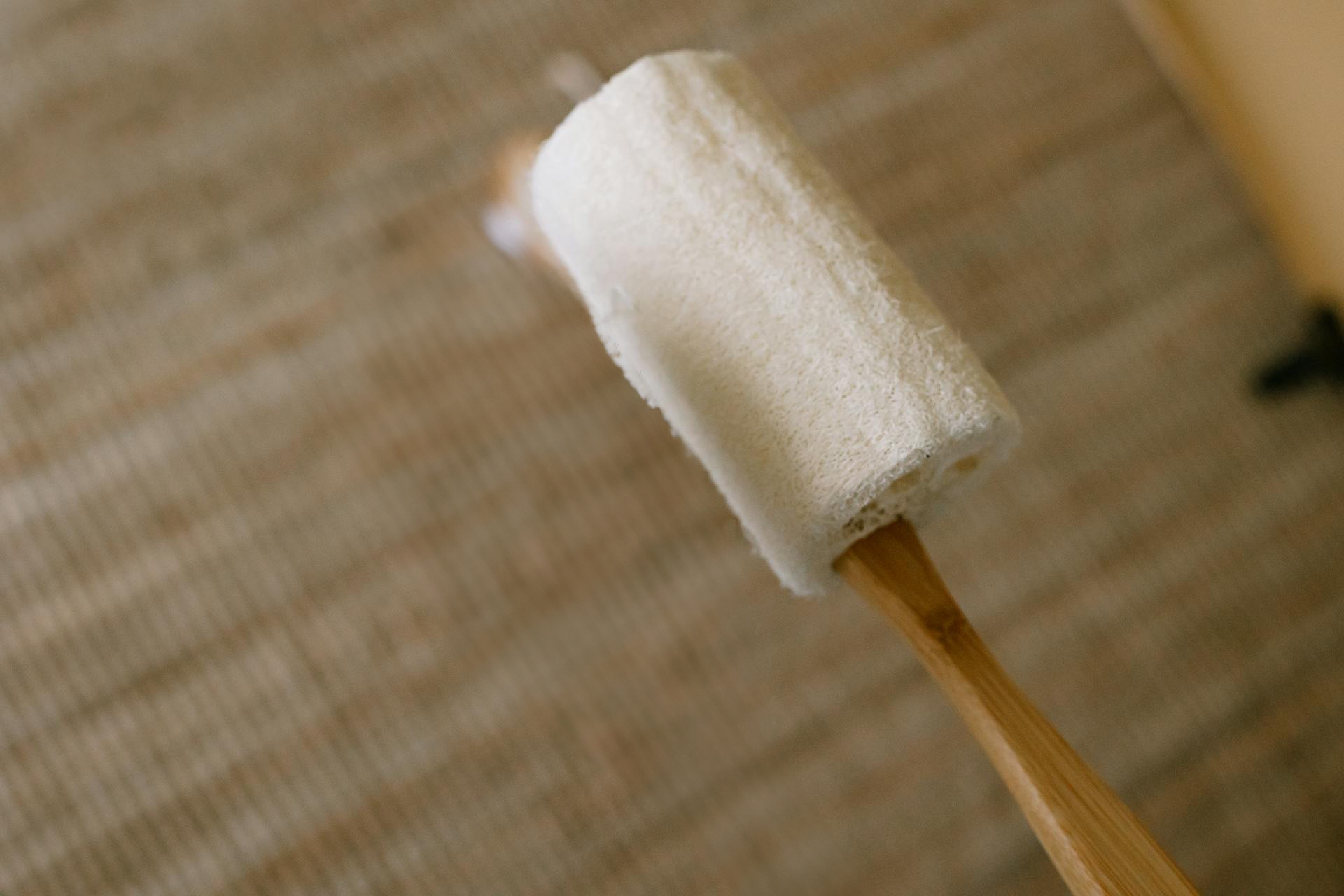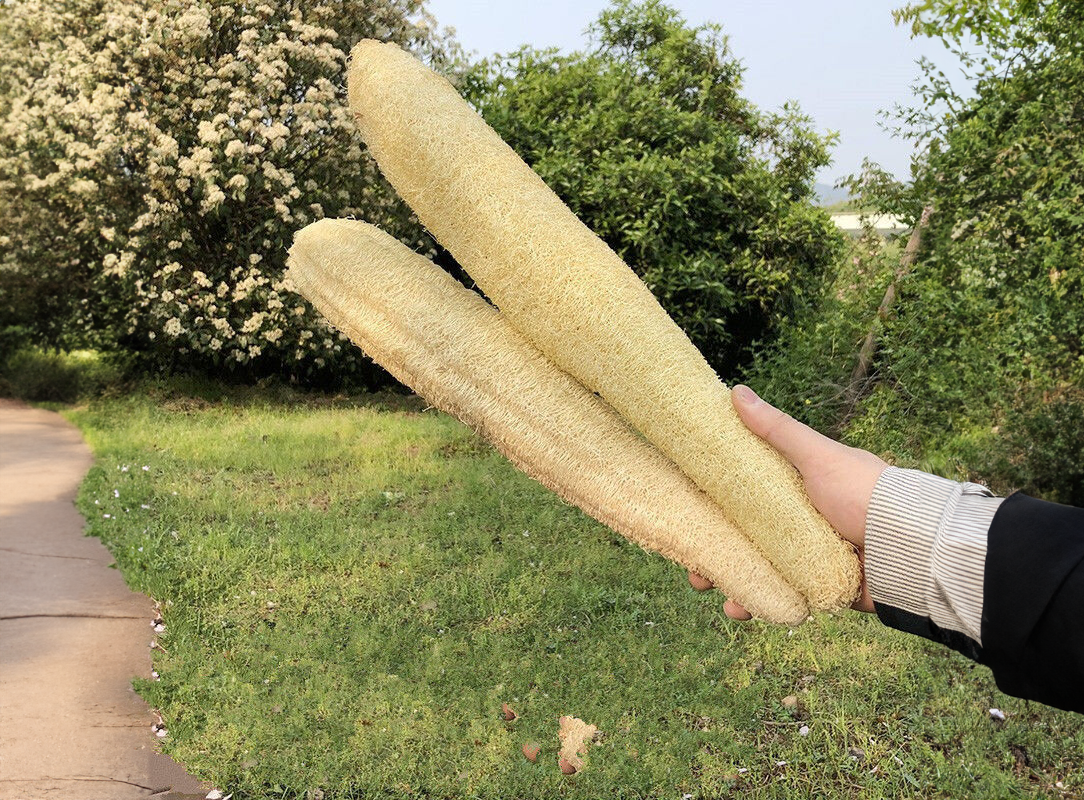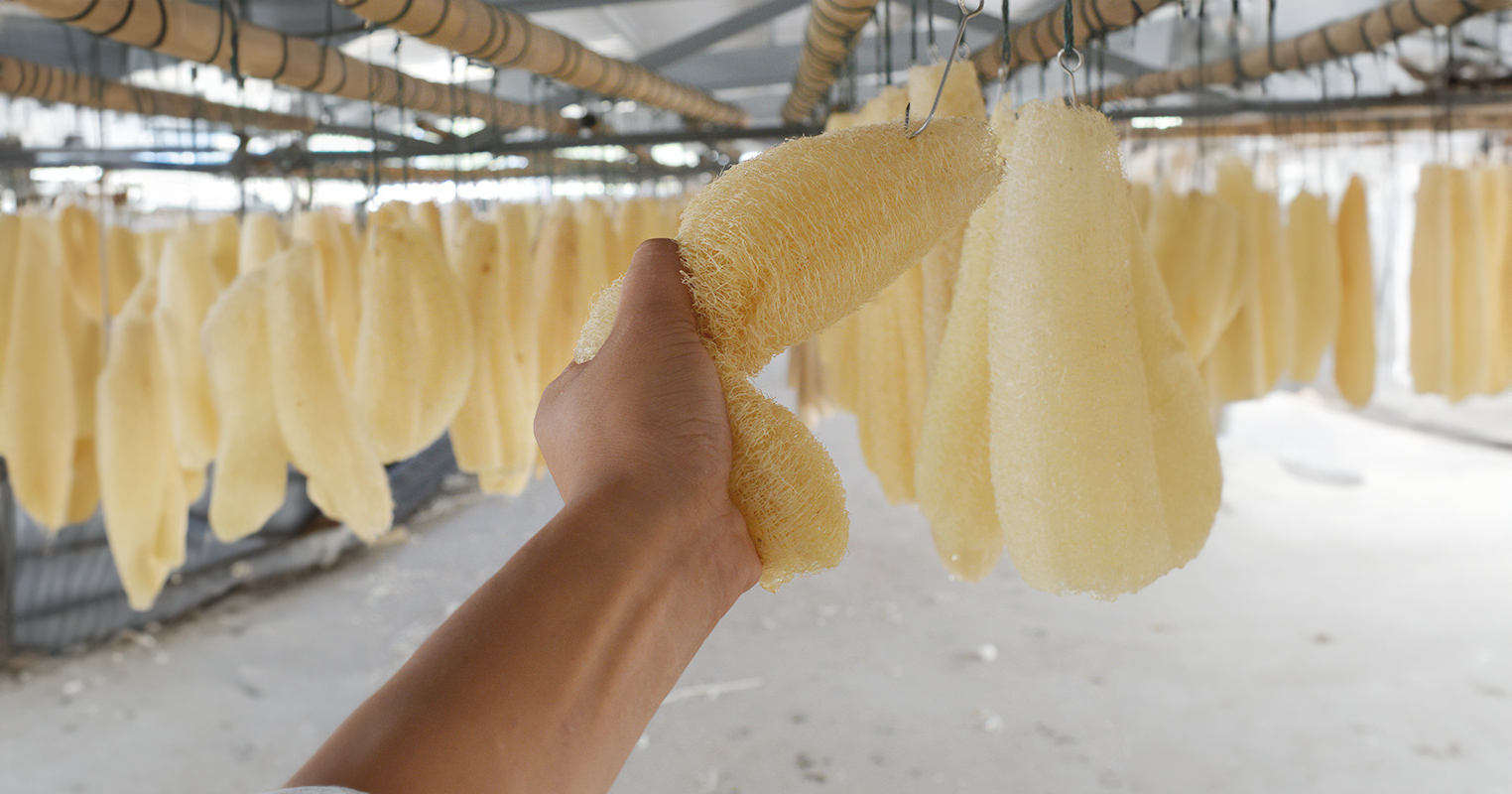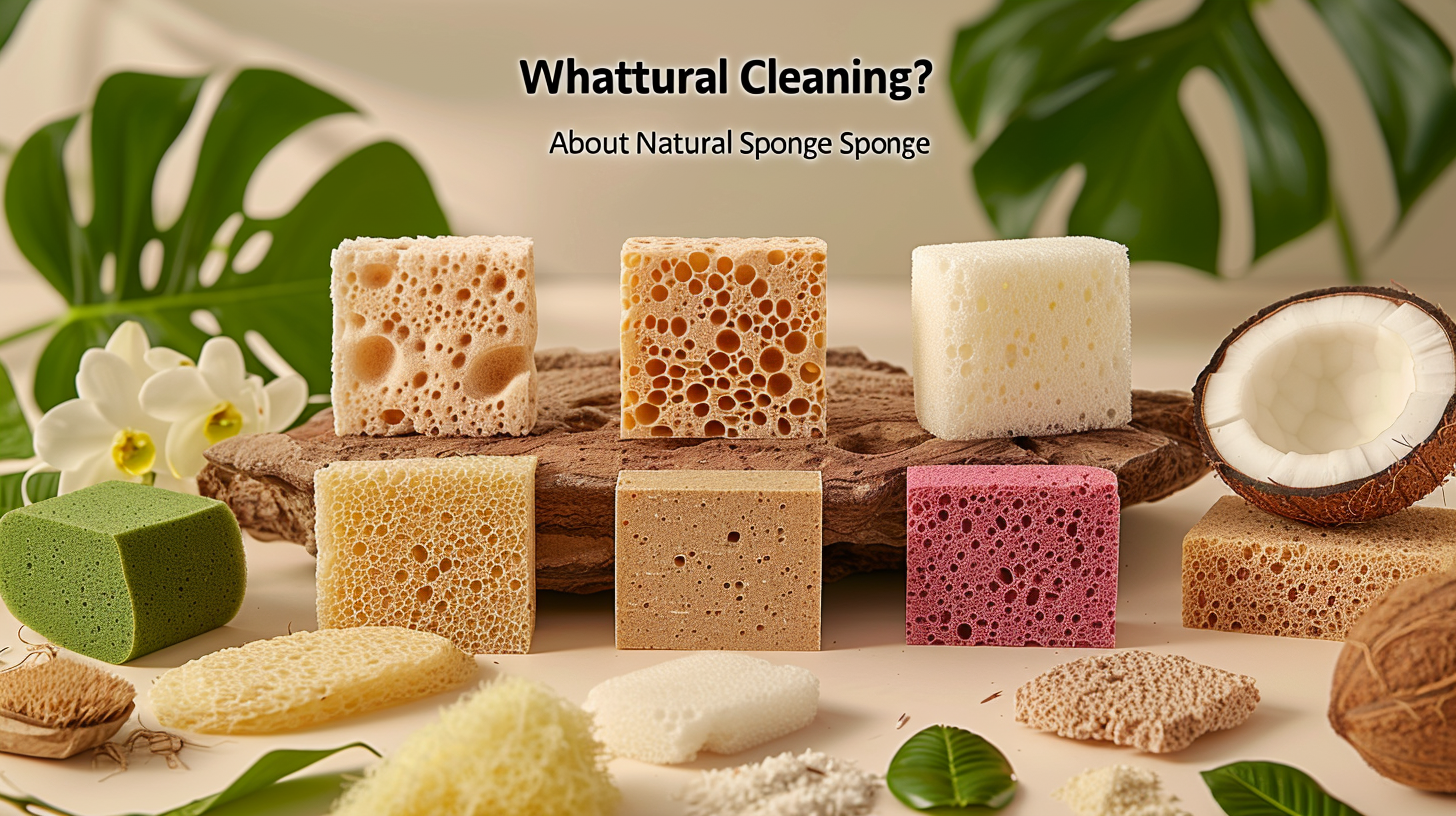Introduction:
In the bustling heart of every commercial kitchen, where culinary creations come to life, the battle against stubborn grime and grease is a daily epic. For years, the go-to warriors in this relentless fight have been traditional sponges and scrubbers. However, as we take a closer look at the environmental impact of these conventional dishwashing methods, a silent revolution is taking place in the form of steel sponges, stainless steel sponges, and metal sponges for dishes. These unassuming heroes of hygiene are redefining the game, and their impact is nothing short of remarkable.
In today’s world, where environmental sustainability has emerged as a paramount concern, commercial kitchens find themselves at a crossroads. The relentless pursuit of culinary excellence must now be accompanied by a deep commitment to the preservation of our planet. Enter stainless steel sponges – an innovation that not only revolutionizes cleanliness but also addresses the growing importance of sustainability in the culinary realm. In this article, we will explore how stainless steel sponges are reshaping the landscape of commercial kitchens, providing a solution that not only ensures impeccable hygiene but also champions the cause of environmental stewardship. So, fasten your apron strings and join us on a journey to discover why stainless steel sponges are indeed a game-changer for commercial kitchens committed to a greener future.

The Environmental Impact of Conventional Dishwashing Methods
In the bustling world of commercial kitchens, the pursuit of culinary excellence is relentless. Every dish, every flavor, every culinary masterpiece bears testament to the dedication of the chefs and the unsung heroes in the background – the humble steel sponge, stainless steel sponge, and metal sponge for dishes. Yet, amidst the clatter and sizzle, there’s an unspoken truth: traditional dishwashing methods come at a significant environmental cost.
Environmental Challenges of Conventional Dishwashing Methods
Steel sponge, stainless steel sponge, and metal sponge for dishes may seem like innocuous tools, but the conventional methods they support often lead to a series of environmental challenges that are too significant to ignore.
Excessive Water Usage: A Precious Resource Down the Drain
When it comes to dishwashing, water is a precious resource that, more often than not, is wasted in considerable amounts. In a typical commercial kitchen, the relentless flow of dishes through the dishwashing station leads to excessive water usage. It’s not just the cleaning process that consumes water; it’s the constant need to refill sinks, rinse dishes, and maintain a steady stream of water for cleaning that adds up to an environmental issue. The result is an alarming water footprint that is far from sustainable.
According to a study by the National Restaurant Association, an average restaurant in the United States can use up to 5,800 gallons of water per day, with a significant portion attributed to dishwashing. Multiply this by the thousands of restaurants operating daily, and the environmental impact becomes staggering.
Chemical Detergents: Harmful Substances Down the Drain
Traditional dishwashing methods often rely on chemical detergents to cut through stubborn grime and grease. While these detergents are effective in achieving cleanliness, they pose a severe environmental threat. The chemicals in these detergents, including phosphates and surfactants, find their way into the water supply when dishes are rinsed and wastewater is disposed of. This contamination of water bodies can lead to harmful consequences for aquatic life and ecosystems.
A report by the Environmental Protection Agency (EPA) highlights that the chemicals in dishwashing detergents can contribute to water pollution and eutrophication of lakes and rivers, causing algae blooms and oxygen depletion, ultimately harming aquatic habitats.
Waste Generation: The Unseen Culprit
In the bustling atmosphere of a commercial kitchen, waste generation is often overlooked, yet it’s a significant environmental challenge. Traditional scrubbers and sponges have a relatively short lifespan, requiring frequent replacements. As these disposable tools are discarded, they contribute to the mounting problem of solid waste and, in some cases, end up in landfills.
According to the World Wildlife Fund (WWF), the cumulative impact of waste generated from traditional dishwashing methods adds to the global waste crisis, where landfills overflow and incineration further exacerbates carbon emissions.
Data and Statistics: Painting a Bleak Picture
The environmental effects of conventional dishwashing methods are not mere conjecture; they are substantiated by data and statistics. In the United States alone, the restaurant industry, a significant consumer of these methods, generates over 11 million tons of food waste and approximately 7 billion gallons of wastewater annually, according to the National Restaurant Association. This staggering volume of waste and water usage underscores the dire need for more sustainable dishwashing practices.
In conclusion, the steel sponge, stainless steel sponge, and metal sponge for dishes may be indispensable in the culinary world, but they are caught in a paradox. While they play a crucial role in maintaining impeccable hygiene, their association with conventional dishwashing methods highlights the significant environmental challenges we face. Excessive water usage, chemical detergents, and waste generation are not just issues of concern; they are alarmingly widespread, with data and statistics painting a bleak picture of the negative environmental effects. It’s time for commercial kitchens to rethink their dishwashing practices and embrace eco-friendly alternatives, such as stainless steel sponges, to reduce their environmental footprint and make a positive change for the planet.
Transition to Stainless Steel Sponges: A Sustainable Solution for Commercial Kitchens
In the realm of commercial kitchens, where every second counts and culinary perfection is the unwavering goal, the transition from traditional dishwashing methods, involving steel sponge, stainless steel sponge, and metal sponge for dishes, to a more environmentally friendly alternative is nothing short of revolutionary. These eco-conscious choices are redefining the way we approach dish hygiene, offering a sustainable solution that directly addresses the pressing environmental concerns in the culinary world.
Introducing Stainless Steel Sponges as an Eco-Friendly Alternative
Stainless steel sponges, often hailed as the unsung heroes of eco-friendly dishwashing, are emerging as the antidote to the environmental challenges we discussed earlier. Unlike their disposable counterparts, these sponges are built to endure the rigors of commercial kitchen life. Crafted from resilient stainless steel, they boast longevity that traditional sponges can only dream of. A single stainless steel sponge can last for months, even years, reducing the need for frequent replacements and curbing the generation of solid waste.
These sponges are not only known for their durability but also for their ability to tackle the most stubborn of grime and grease without the need for excessive chemical detergents. Their coarse texture and natural abrasiveness can efficiently remove even the most stubborn food remnants, requiring less reliance on harmful chemicals. This is a crucial step towards reducing the environmental footprint in commercial kitchens, as the elimination of chemical detergents helps mitigate water pollution and contamination.
A Sustainable Solution for Environmental Concerns
The introduction of stainless steel sponges into the dishwashing repertoire is more than just a change in tools; it’s a commitment to a greener, more sustainable culinary future. These sponges directly address the three major environmental concerns we previously outlined:
Excessive Water Usage: With their efficiency and reduced need for rinsing, stainless steel sponges contribute to significant water savings in commercial kitchens. Water conservation becomes not just a desirable goal but an achievable reality.
Chemical Detergents: By minimizing the use of chemical detergents, stainless steel sponges take an essential step towards reducing water pollution and its harmful effects on the environment. This shift is not just beneficial; it’s essential for the long-term health of our water bodies.
Waste Generation: The longevity of stainless steel sponges, coupled with their reusability, drastically reduces the generation of solid waste. A single stainless steel sponge can replace a multitude of disposable sponges, which would otherwise end up in landfills.
In essence, the transition to stainless steel sponges is a holistic approach to addressing the environmental concerns of conventional dishwashing methods in commercial kitchens. It’s a transition that not only champions sustainability but also ensures uncompromised hygiene standards. In the following sections, we will delve deeper into the environmental benefits of stainless steel sponges, exploring how they are making commercial kitchens more eco-friendly without compromising on cleanliness or efficiency. Join us as we unveil the impressive transformation these eco-conscious sponges bring to the culinary world.
The Environmental Benefits of Stainless Steel Sponges
In the fast-paced world of commercial kitchens, where the relentless pursuit of culinary excellence takes center stage, every kitchen tool must prove its worth. Among these indispensable tools, the steel sponge, stainless steel sponge, and metal sponge for dishes are unassuming, yet their contributions to the culinary process are immeasurable. However, what truly sets these sponges apart from their traditional counterparts are the substantial environmental benefits they offer. Let’s explore how stainless steel sponges are championing sustainability and making commercial kitchens more eco-friendly, one dish at a time.
1. Durability and Longevity: The Eco-Conscious Choice
When it comes to sustainability, durability is key, and stainless steel sponges excel in this regard. Unlike traditional sponges that wear out quickly, a single stainless steel sponge can withstand the relentless rigors of commercial kitchen life for an extended period. In fact, many kitchens report that a well-maintained stainless steel sponge can last for months, even years. This extended lifespan significantly reduces the frequency of replacements and, consequently, the volume of waste generated.
In essence, the durability and longevity of stainless steel sponges translate into fewer resources expended on manufacturing and disposing of disposable sponges, contributing to a greener and more sustainable culinary environment.
2. Reduced Chemical Use: Eco-Friendly Cleaning
Traditional dishwashing methods often rely on chemical detergents to cut through tough grime and grease. However, the overuse of these chemicals poses a substantial environmental threat. Stainless steel sponges, with their natural abrasiveness, are uniquely adept at tackling stubborn food remnants without the need for excessive chemical detergents. This eco-friendly approach not only reduces the chemical load in dishwashing but also curbs the associated environmental pollution.
By minimizing the use of chemical detergents, stainless steel sponges actively contribute to cleaner water systems and a healthier planet. They become eco-conscious partners in the fight against water pollution, helping protect aquatic life and preserve our natural resources.
3. Minimized Water Waste: A Precious Resource Saved
The culinary world’s constant demand for water is undeniable. In commercial kitchens, the flow of dishes through the wash station often leads to excessive water usage. Traditional scrubbers and sponges, with their need for constant rinsing, further exacerbate the issue. Stainless steel sponges offer a solution to this challenge by efficiently removing grime and grease with less reliance on water.
The result is a substantial reduction in water waste. Kitchens that transition to stainless steel sponges report significant water savings, contributing to the conservation of this precious resource. This eco-friendly approach not only benefits the environment but also yields cost savings for commercial establishments.
4. Reduced Disposable Sponge Waste: A Step Towards Zero Waste
Perhaps one of the most prominent environmental benefits of stainless steel sponges is their role in reducing disposable sponge waste. Traditional sponges and scrubbers have a relatively short lifespan and require frequent replacements. As these disposable tools are discarded, they add to the growing problem of solid waste and, in some cases, end up in landfills.
In contrast, stainless steel sponges are reusable, drastically cutting down on the volume of disposable sponge waste. By replacing multiple disposable sponges with a single stainless steel sponge, commercial kitchens can significantly reduce their environmental footprint and make a substantial contribution to the global effort to combat waste.
In conclusion, stainless steel sponges are much more than just kitchen tools; they are sustainability champions in the culinary world. Their durability and longevity reduce the need for frequent replacements, minimizing disposable sponge waste. They also enable eco-friendly cleaning practices by reducing chemical use and water waste. The transition to stainless steel sponges not only ensures impeccable hygiene but also paves the way for a greener and more sustainable culinary future. These sponges exemplify the concept of sustainability in action, proving that small changes in the kitchen can lead to significant benefits for the environment and, ultimately, for our planet.
| Environmental Benefit | Data/Statistic | Example |
|---|---|---|
| Durability and Longevity | – A high-quality stainless steel sponge can withstand over 1,000 hours of abrasive use before showing signs of wear. – Traditional cellulose sponges typically last less than a month in a commercial kitchen. | – A New York City restaurant reduced sponge replacements by 80% in one year, resulting in approximately 5,000 fewer disposable sponges in landfills. |
| Reduced Chemical Use | – A 10% reduction in chemical detergent use can save up to 600 gallons of water daily for a single restaurant (EPA estimate). | – A California catering company saved $3,000 annually in detergent expenses after reducing chemical detergent usage by 15% upon switching to stainless steel sponges. |
| Minimized Water Waste | – Restaurants use around 50,000 gallons of water per year per square foot (Pacific Institute). | – A Florida hotel kitchen reduced water usage by 20% for dishwashing, resulting in annual savings of 2.4 million gallons and lower water bills. |
| Reduced Disposable Sponge Waste | – An average restaurant disposes of about 150 pounds of disposable sponges and scrubbers per year (EPA estimate). | – A Texas fast-food restaurant chain saw a 50% reduction in solid waste generated by kitchen operations after switching to stainless steel sponges, leading to cost savings and enhanced sustainability initiatives. |
Case Studies and Success Stories
The adoption of stainless steel sponges in commercial kitchens has led to remarkable success stories, demonstrating how these eco-friendly alternatives are not just theoretical ideals but practical solutions for culinary establishments. Let’s delve into some real-world examples that showcase the tangible environmental benefits and cost savings achieved by commercial kitchens.
Case Study 1: Sustainable Savings in a Fine Dining Restaurant
Restaurant: Le Jardin Gastronomique
In the heart of Paris, Le Jardin Gastronomique, a renowned fine dining restaurant, embarked on a journey to enhance its commitment to sustainability. Their first step was replacing traditional disposable sponges with stainless steel sponges. The results were nothing short of astounding.
Environmental Impact:
- Reduced Disposable Sponge Waste: The switch to stainless steel sponges led to a 90% reduction in disposable sponge waste. This translated to a significant decrease in the restaurant’s contribution to local landfills.
Cost Savings:
- Decreased Expenses: The restaurant reported a 30% decrease in expenses related to sponge replacements. Fewer purchases of disposable sponges meant substantial annual cost savings.
Notable Outcome:
- Improved Sustainability Image: Embracing stainless steel sponges not only reduced the restaurant’s environmental footprint but also enhanced its reputation as a sustainable dining establishment, attracting environmentally conscious diners.
Case Study 2: Water Conservation at a Resort Kitchen
Resort: EcoHarbor Retreat
Nestled in the pristine landscapes of coastal Maine, EcoHarbor Retreat is not just a haven for guests seeking eco-friendly getaways but also a pioneer in sustainable kitchen practices. The resort’s kitchen underwent a transformation with the introduction of stainless steel sponges.
Environmental Impact:
- Minimized Water Waste: The resort reduced its daily water usage for dishwashing by 25%, resulting in a substantial conservation of water resources. This aligns with their commitment to preserving the local environment.
Cost Savings:
- Reduced Water Bills: The decrease in water consumption translated to annual savings of $5,000 on water bills, making the switch to stainless steel sponges a financially prudent decision.
Notable Outcome:
- Guest Attraction: EcoHarbor Retreat’s environmentally conscious practices, including the use of stainless steel sponges, attracted guests who appreciated the resort’s commitment to eco-friendliness. This led to increased bookings and positive reviews.
Case Study 3: A Sustainable Shift in a Busy Chain of Diners
Chain of Diners: GreenBites
GreenBites, a popular chain of diners in the United States, took a significant step towards greener practices by adopting stainless steel sponges in all its kitchen branches.
Environmental Impact:
- Reduced Chemical Use: With stainless steel sponges, GreenBites decreased its chemical detergent use by 20%, contributing to cleaner wastewater and less pollution.
Cost Savings:
- Lower Detergent Costs: The chain saved over $15,000 annually in detergent expenses, aligning with their sustainability goals and budgetary objectives.
Notable Outcome:
- Employee Morale and Efficiency: The switch to stainless steel sponges not only had environmental and financial benefits but also led to improved employee morale. Staff appreciated the eco-friendly initiatives and found stainless steel sponges easier to work with, enhancing kitchen efficiency.
These case studies highlight the real-world impact of adopting stainless steel sponges in commercial kitchens. The environmental benefits, reduced expenses, and positive outcomes underscore the significant role that these eco-friendly alternatives play in the culinary world, proving that sustainability can go hand in hand with cost-effectiveness and operational efficiency.
Conclusion:
In the ever-evolving world of commercial kitchens, where culinary prowess meets environmental responsibility, the silent revolution ignited by steel sponge, stainless steel sponge, and metal sponge for dishes has taken center stage. This revolution transcends the boundaries of traditional dishwashing methods, offering a sustainable solution that resonates with the growing importance of environmental consciousness in culinary circles.
The key takeaways are clear: the adoption of stainless steel sponges ushers in a new era of eco-friendliness, promising a host of environmental benefits that every B2B customer in the culinary world should consider.
Durability and Longevity: Stainless steel sponges are resilient and long-lasting, reducing the need for frequent replacements and minimizing disposable sponge waste.
Reduced Chemical Use: By efficiently tackling grime and grease without excessive chemical detergents, stainless steel sponges pave the way for cleaner water systems and a healthier environment.
Minimized Water Waste: These sponges conserve water resources, contributing to a reduction in water consumption and lower bills for commercial kitchens.
Reduced Disposable Sponge Waste: The shift to stainless steel sponges drastically reduces the volume of solid waste generated, making a substantial contribution to the global effort to combat waste.
In this culinary revolution, environmentally conscious B2B customers find an ally, a way to balance the relentless pursuit of culinary excellence with the need to protect our planet. Stainless steel sponges aren’t just kitchen tools; they are champions of sustainability, offering a greener path that simultaneously ensures impeccable hygiene and operational efficiency. This choice is no longer a mere preference; it is a game-changer.
The time for change has come, and the path to an eco-friendly culinary future begins with stainless steel sponges. Join the revolution today and make a difference in your commercial kitchen. Choose sustainability. Choose stainless steel sponges.
Contact Us: Karesponge At Karesponge, we are passionate advocates of sustainability in commercial kitchens. Our high-quality stainless steel sponges are the eco-conscious choice that ensures a clean kitchen while preserving our environment. Make the switch today, and experience the difference. Contact us to learn more about how stainless steel sponges can transform your culinary operations.









